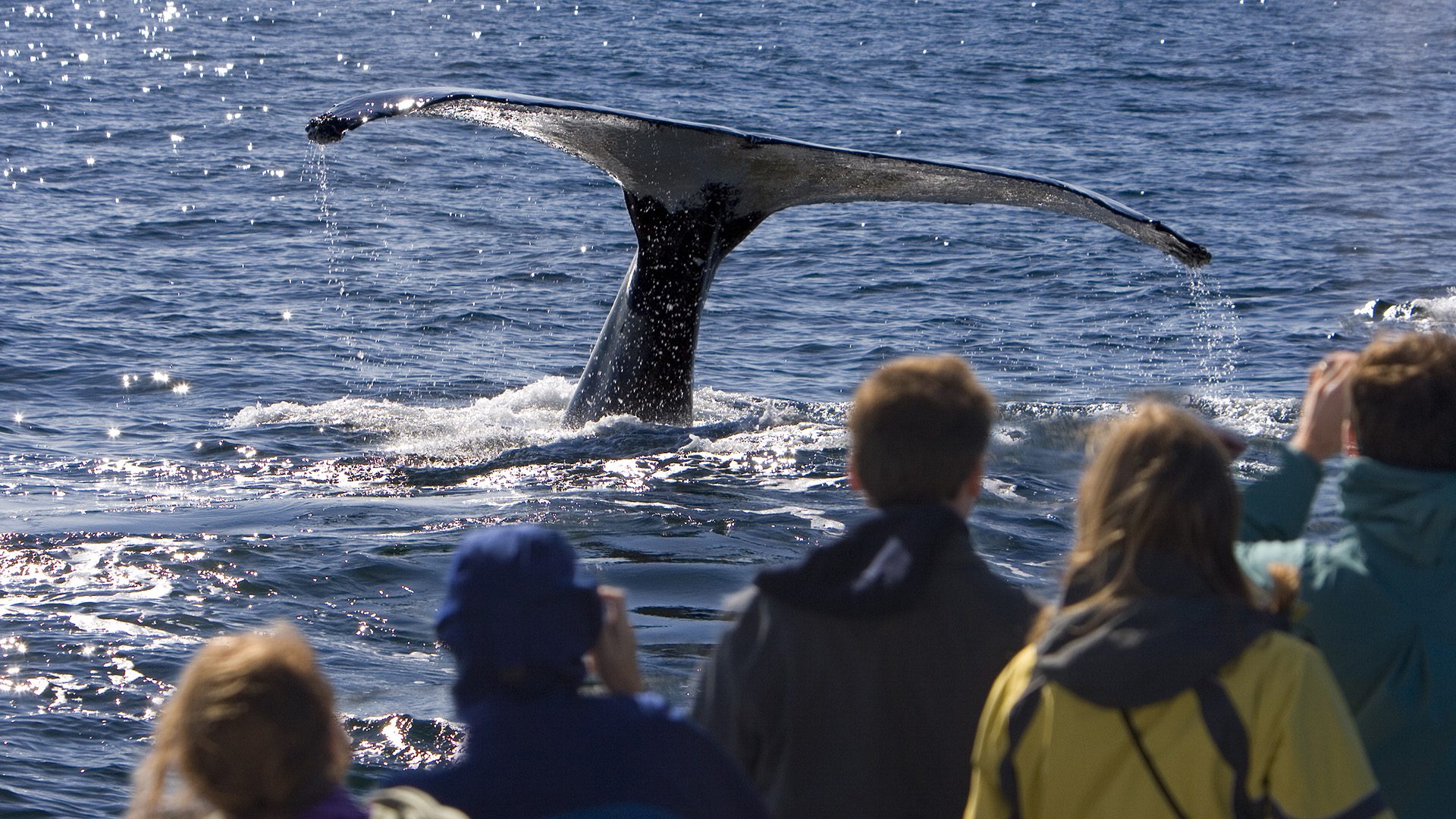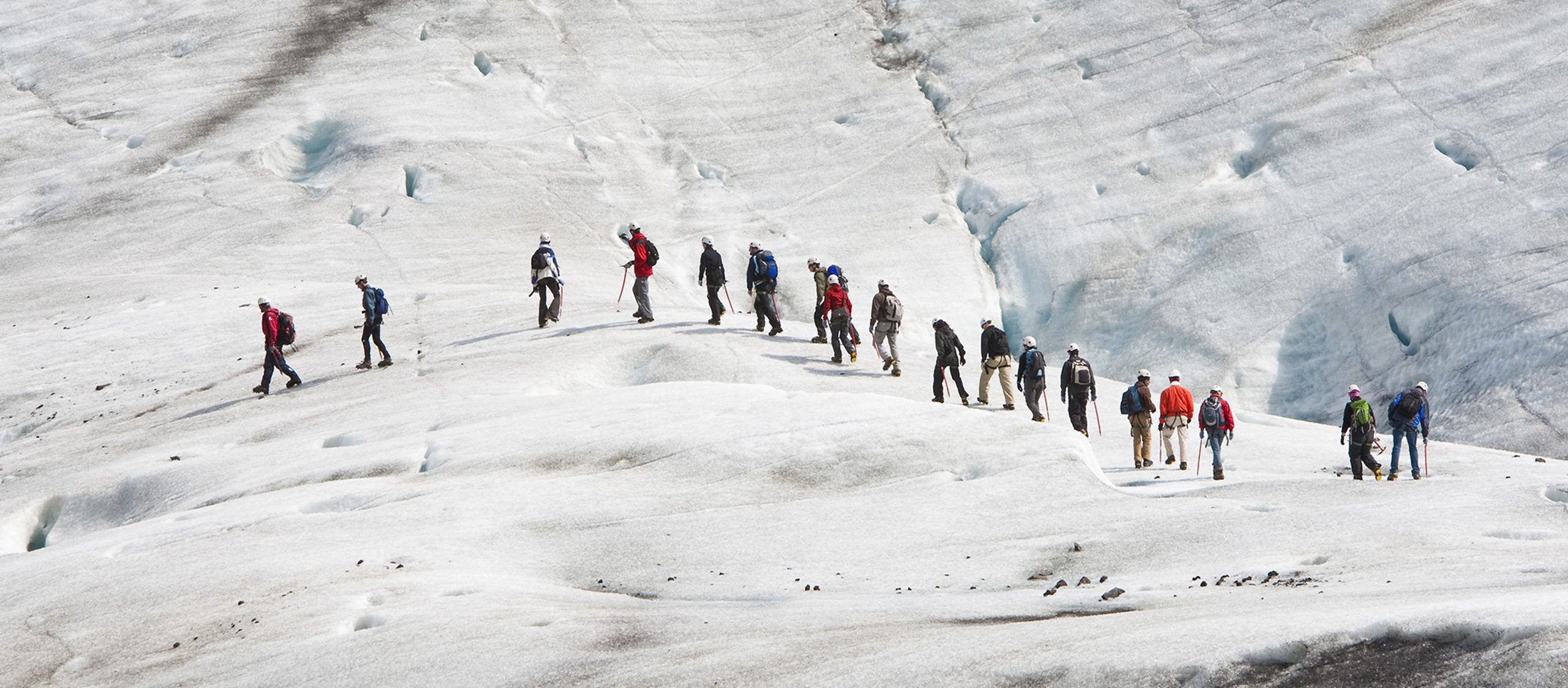For many, the decision of a school tour operator to stop selling one of the most popular overseas school trip destinations may seem like a crazy idea. Since there is the potential to lose clients on the back of this, it’s obviously not a commercial decision, so why have we come to this conclusion?
The truth is, it’s one we have been pondering for a while. Whilst everything may look idyllic in the glossy Iceland travel brochures, beneath the surface, things are not quite so rosy.
Over Tourism
If 2014 was the year that the negative aspects of volunteering hit the headlines, and in particular, Orphanage tourism, then 2017 has been the year that over-tourism hit the main stream agenda. You have probably heard about the demonstrations in Barcelona. Maybe you’ve read the articles about the cruise ship masses swamping Venice and Dubrovnik? Just some of many examples of mass tourism causing problems.
Iceland too is a victim.
After the financial crash in 2008 and the big currency devaluation, tourism was seen as a potential saving grace to Iceland’s economy. Since then visitor numbers to this extra-ordinary island have soared. Tourism numbers have risen from just 488,600 in 2010, to a massive 1,792,200 in 2016! (Icelandic Tourist Board report https://www.ferdamalastofa.is/en/recearch-and-statistics/tourism-in-iceland-in-figures).
In 2017, some estimate that tourist numbers will increase still further to approximately 2.4 million.
Whilst increased tourism has an obvious economic benefit, it comes at much cost too. The healthcare system, designed for a resident population of some 350,000, is creaking at the seams. The road infrastructure is struggling under the sheer volume of hire cars and tourist buses. And locals are being forced out of rented accommodation to make way for more lucrative tourist lets - the fabled ‘AirBnB effect’, seen in many cities around the world.
Demand is massively outstripping supply in the main areas. There are simply not enough tourist beds. Many of the popular sites are over-crowded. There have been reports of tourists sleeping in car parks, tour buses having toilet stops in church yards, wide spread littering and severe environmental pressure on famous sites such as Geysir, Gulfoss, Seljalandsfoss and other star attractions – all simply due to the massive, unrelenting tourist footfall.
To put it bluntly, Iceland’s infrastructure and environment is groaning under the sheer weight of tourism.

Value for money
That we should not be adding further to this over tourism is the primary reason behind our decision, but it is not the only one by any means.
Iceland is no longer the bargain it was a few years ago. We believe schools can get better value for money and a broader range of learning experiences from other destinations such as Morocco, Jordan, India, Ghana, Kenya, The Azores, Borneo and such like.
Safety management chain of command
The last reason for our decision comes down to safety. Over the past year, a variety of our suppliers in Iceland have become more and more reluctant to complete the checks and risk assessments that we, as a British Standard BS8848:2014 compliant tour operator, require to have peace of mind in our operations. Of course, Iceland has a well established tourism industry and the quality of accommodation, guiding and general safety management is, for the most part, extremely high. The problem for us is, that it’s becoming harder and harder to be able to actually prove that, when in-country hotel owners and other suppliers have hundreds of people knocking on their door. Many tourists are happy to pay the money and climb on board without any safety checks at all. It is somewhat ironic, but we are becoming less able to demonstrate a clear safety management chain of command in Iceland, than we are in many of our other destinations such as Tanzania, Vietnam, Peru or Morocco.

Responsible Tourism
Now, many may say our decision is purely down to us not having the right contacts, or that we can’t compete on price, or that we don’t send enough clients to Iceland to make it a viable option. For the record, Iceland has never been our biggest selling destination, but we have, over the years, had a steady stream of schools enjoy the fantastic geography and adventure activities that the country conjures up with seemingly incredible ease.
Our critics are entitled to their opinions of course, but deep down, we are comfortable that our decision is for the right reasons. Value for money and demonstrable safety practices are really the icing on what is the gigantic over-tourism cake. As a responsible operator – in fact, we were the ONLY school tour operator in the UK to have achieved the internationally recognised Travelife Partner status.
We know what a massive destination Iceland is for geography teachers in the UK. And believe me, this is not a decision we take lightly. We have investigated other options rather than just pulling out - such as travelling to new areas within Iceland - but costs were prohibitive for shorter trips and in doesn't solve the safety management chain issues.
However, we must never forget that as tourists, we are guests in someone else’s country. Tourism is a privilege, not a right, so when tourism crosses the line from making a positive contribution to something that causes degradation to the local environment and potentially the culture too, then it is time to question whether it is right to continue. Of course, there are three sides to every story and there are some in Iceland who feel the current levels of tourism are sustainable and those who even feel there is room for further growth. However, we believe tourism in Iceland has now reached a critical point, so we have taken the decision not to add to the problem further.
Alternatives
There are many, many other fantastic destinations for school geography trips. One of the fabulous things about tourism, and something that we feel very privileged to be a part of, is that we are in an industry that has an amazing capacity to reach parts of the world that other industries simply cannot touch. And bring a positive impact while we do it.
There will always be UK school tour operators that will choose to sell Iceland to those that choose to go (or those that either don’t know about the issues, or choose to turn a blind eye). But The STC, for the time being, will not be one of them. For us, it’s time to concentrate on promoting the many other awe-inspiring and incredible places this planet has to offer. We want geography teachers to carry on inspiring their students to explore the world outside their window, and tourism to bring about a positive contribution to areas currently less frequented.
We’d be delighted if you joined us. If you’d like to know more, you can find out more about our geography trips for schools here. Or more about our industry leading sustainable travel policies here.
Adrian
STC Founder and Director
Interested in reading more?
https://www.responsibletravel.com/copy/blog-post-forty
https://www.linkedin.com/pulse/7-critical-first-steps-deal-overtourism-anna-pollock
https://www.ft.com/content/44ebbfee-025e-11e7-aa5b-6bb07f5c8e12
https://www.equaltimes.org/when-mass-tourism-clashes-with-the#.Wc4YxdFryUn
http://www.bbc.co.uk/news/business-41725713
